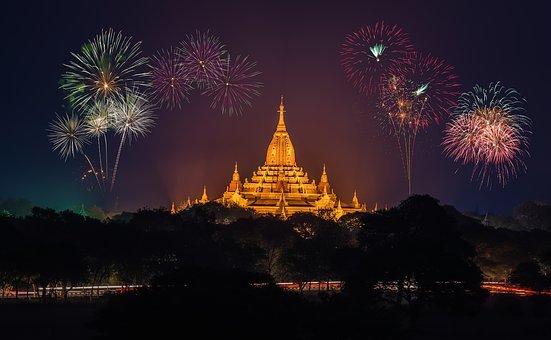It was inevitable that Pope Francis sooner or later would arrive at the reflection on a word so beautiful and so important in the spirituality of the Jesuits: “discernment”. In fact, last Wednesday he began a new cycle of catechesis centered precisely on the experience of “discernment”.
“Discerning” or, as the dictionary explains, seeing clearly with sight or with the intellect. The etymological root makes the concept more explicit: “dis” stands for twice, “cernere” stands for seeing. See twice, before making a choice, to be more confident and not run into hasty interpretations. “To distinguish in detail things or ideas in order to better recognize them, know them, judge them; see well; to understand fully ”we read in an old and wise etymological vocabulary. It is a congenial word to Manzoni, who not by chance makes us find it right on the first page of Betrothedwhen, describing the mountains overlooking Lecco and the lake, he isolates “his” Resegone, with the characteristic of the “tops in a row”, “so that it is not who, at first seeing it, as long as it is in front, as for example from the ramparts of Milan that respond to the north, not discern soon, with that simple clue, from the other mountains of darker names ”. Discerning, following Manzoni, is therefore knowing how to distinguish, recognize a value (the most important mountain) on the basis of clues.
Discernment is one of the cardinal suggestions for Saint Ignatius. The founder of the Jesuits wrote a series of rules contained in the book of Spiritual exercises (which as Roland Barthes said was “the book of the question, not of the answer”) to help you choose and face life in the best and most profound way. According to a terminology that may be more familiar to many, discerning is equivalent to “evaluating the totality of factors” as the foundation of a true experience.
In the first appointment of the catechesis, the Pope explained that “discernment is presented as an exercise in intelligenceand also of expertise and also of will, to seize the right moment: these are the conditions for making a good choice. It takes intelligence, skill and even will to make a good choice… The decisions must be made by everyone; there is no one who takes them for us. At a certain point the adults, free, can ask for advice, think, but the decision is their own. You have to decide, each of us has to decide, and for this reason it is important to know discern: to decide well it is necessary to know how to discern ”.
Certainly we are faced with a very outdated word, just think of the dominant language in social networks (or induced by the mechanism of social networks). Instinct prevails, the reaction dictated by the feeling of the instant that burns the time for every process of reflection. It is a way of looking at reality that is often liquidatory, always subjective, regulated by fanaticism or rancor. For this reason, putting the experience of discernment back on the table is a profoundly necessary and current operation, for which we are grateful to Francis. There really is to follow him in the weeks to come.
– – – –
We need your input to continue to provide you with quality and independent information.
SUPPORT US. DONATE NOW BY CLICKING HERE
© REPRODUCTION RESERVED

